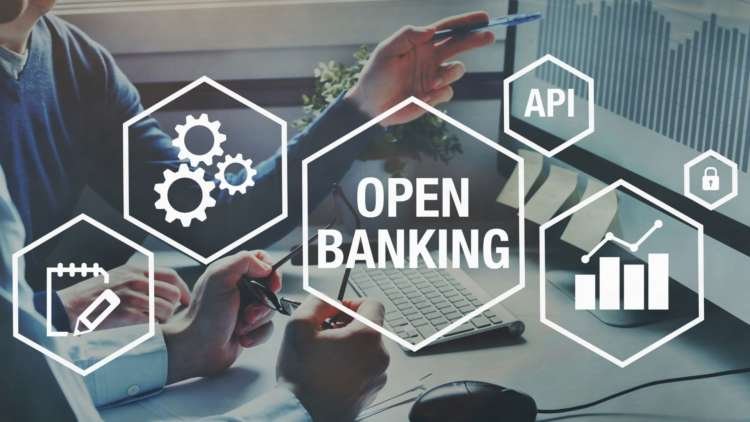Top Stories
Open Banking – Progress in Past and Future
Published by linker 5
Posted on March 17, 2021
1 min readLast updated: January 21, 2026

Published by linker 5
Posted on March 17, 2021
1 min readLast updated: January 21, 2026

Explore more articles in the Top Stories category











